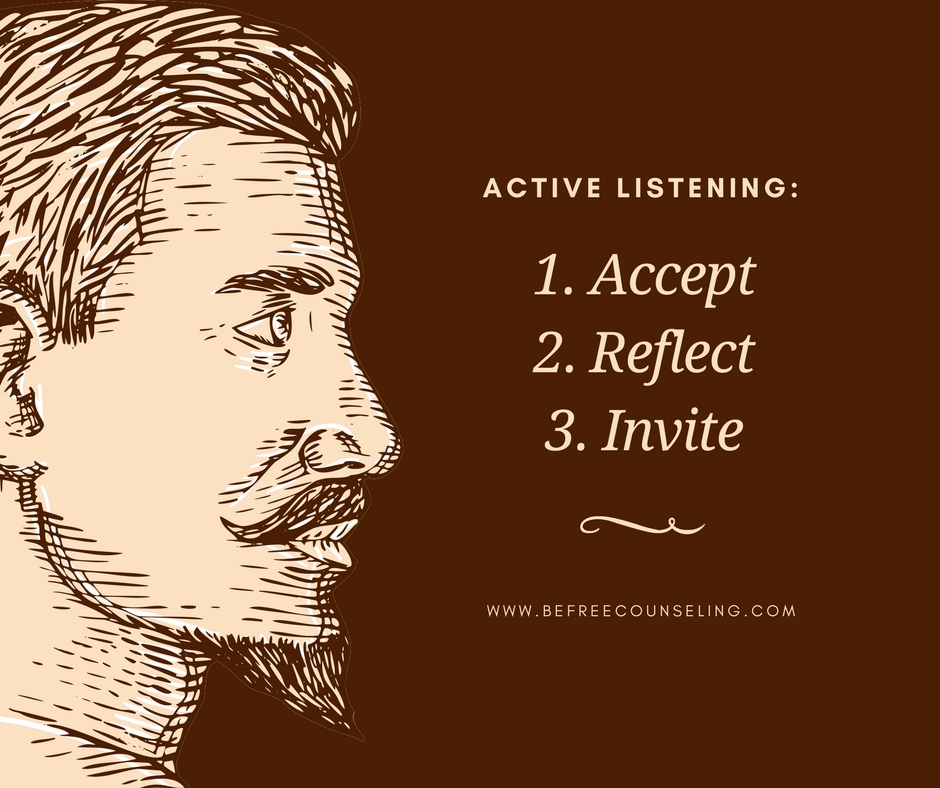Sexual betrayal is one of the most damaging and devastating experiences a couple can endure. Very often there is too much pain and grief to overcome and the relationship ends. If a decision is made on the part of both partners to try to rebuild trust, and to co-create a new relationship, there are tools they can use to help the relationship heal. In the process of making amends, the onus is on the betraying party to attend to and withstand the painful onslaughts of anger, grief, hurt and pain that will inevitably come from the betrayed partner. If you are a partner who has been betrayed, you can visit this previous post on our blog for resources to support your healing. If you are the one who is making amends, keep reading. These three steps can make a world of difference in they way your partner experiences you in the relationship.
One of the most destructive things you can do in the aftermath of sexual betrayal is to get defensive, minimize your partners pain, rationalize or justify your behavior and try to fix what she’s sharing with you. One of the most supportive things you can chose to do in your relationship in the aftermath of a sexual betrayal is active listening. Active listening is a choice you make to fully engage, without distractions or reactions with whatever you partner needs to share with you. Active listening is a difficult skill to develop and use when emotions are high. And it’s absolutely essential to recovering from sexual betrayal. There are three basic steps to active listening.
Step 1: Accept
Accept whatever your partner needs to share with you. What she shares will probably be hard to hear. Her words will likely hurt you. Her words may make you feel like she’s picking on you. You may feel like what she’s saying is based on history and not on where you are right now in your growth. Whether you feel like what she’s saying is accurate or truthful is irrelevant. You read that right. The truthfulness or accuracy of her words is irrelevant. She’s in one of the most painful situations a human being can experience. What matters is that she is making a vulnerable choice to share her reality with someone who has been the source of great pain, violation and betrayal. What matters is connection. So keep your mouth shut and your ears open.
If you feel the urge to fix her problems, defend yourself or build a case for how hard you’re working to rebuild trust, don’t do it! Instead, take a deep breath, focus on her words, her energy, her feelings. Observe your own internal dialogue, your self talk and your emotions but do shift the attention to your experience. Do not make the conversation about you. Take it all in. Every single word she shares with you. It all matters. Accepting and hearing it all demonstrates to her that you care and that her pain matters.
Step 2: Reflect
As you listen to, and accept, what your partner is sharing reflect back to her what you hear her say. Use phrases like: “What I hear you saying is…”, “What I think you want me to understand is…”, or “What I’m sensing you need right now is…”. You will need to pay attention to not only the words she is using but also the manner in which she’s using her words. This will require that you are paying full attention and focusing on her experience. It can be helpful to keep a journal nearby or to grab a pen and paper so that you can jot down notes about what you’re hearing. Allow your wife to validate the accuracy of what you’re reflecting. If you’ve misunderstood something or missed something, allow her to correct your perspective. Continue to reflect what you’re hearing until you are both certain that her message been fully heard.
Step 3: Invite
After you’ve reflected what you’ve heard, invite your partner to share more. You can use phrases like “What else would you like to share?”, “What else is on your mind?” or “Is there more?”. Be conscious of your tone of voice, body language and facial expression. Be sincere and open in our offer to hear more of what she has to share. When you invite her to share more begin the process again. Accept everything she shares. Reflect what you’re hearing. Invite more. Do this until her energy and emotion have subsided and she feels heard.
Remember, it’s always OK to take a break if this process isn’t working in the moment. Both parties could be allowed to call a timeout if they are unable to stay engaged without getting flooded and doing or saying something they’ll later regret. As you practice and develop your skills as active listener your partner will begin to experience you more and more as a collaborater. In active listening mode, you’re fostering connection and healing. In defensiveness and fixing mode, your wife will experience you as an adversary. Listening helps to move you from a threat to a teammate. How would you rather show up for her?
What Next?
If you’d like to explore this idea further, you can review the Helping Her Heal DVD series by Dr. Doug Weiss. You can also look at the very helpful resources offered by Jason and Shelly Martinkus. If you’d like more one-on-one help with the process of recovering from sexual betrayal in your relationship, feel free to reach out to one of our therapists. We’d be honored to support your growth and healing.













